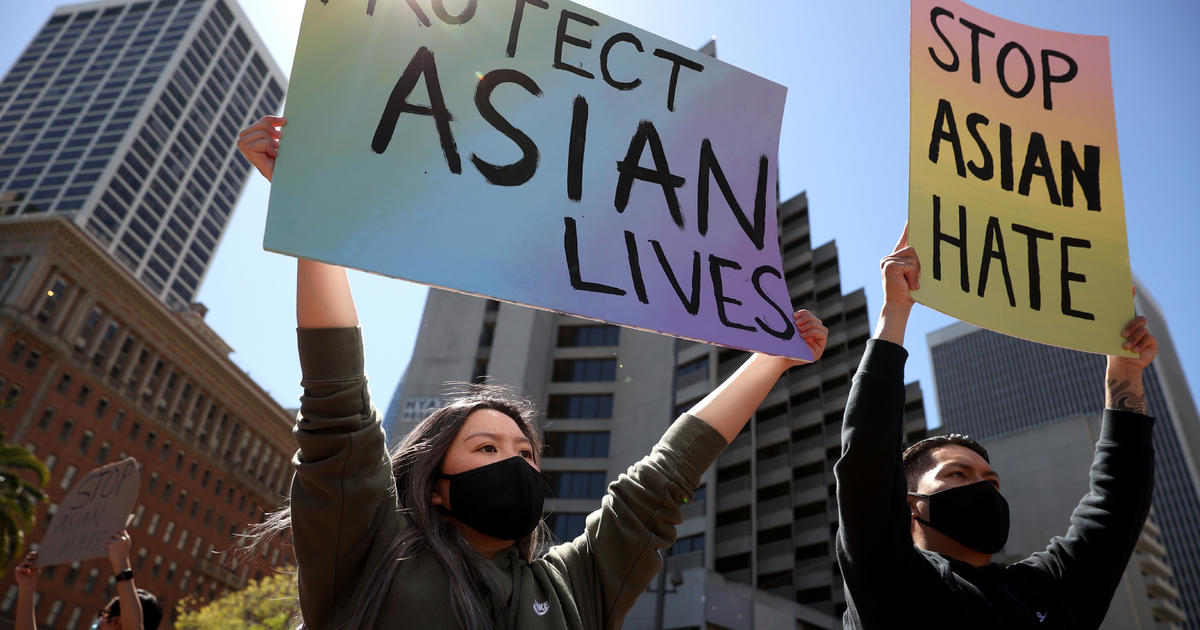Racism and Anti-Asian Hate
Racism is, and has been a very critical issue in the United States, most Americans acknowledge its existence and the severe ramifications it brings to American society. Racism generally targets minority groups such as African-Americans, Latinx-Americans, Asian-Americans, and so on.
Today, I’m going to talk about the Asian-American community, how Anti-Asian sentiments are presented in the hate crimes that’s happening in the U.S, why they’re happening, and who are delivering these sentiments. But first, let’s look at the definition of a hate crime. According to the Federal bureau of investigation (FBI), “A hate crime is a traditional offense like murder, arson, or vandalism with an added element of bias. For the purposes of collecting statistics, the FBI defines a hate crime as a “”criminal offense against a person or property motivated in whole or in part by an offender’s bias against a race, religion, disability, sexual orientation, ethnicity, gender, or gender identity.”” Hate itself is not a crime—and the FBI is mindful of protecting freedom of speech and other civil liberties.”
To give you a broader look on the hate crimes committed towards the Asian – American community, I’ve looked into the FBI website and found a report done by the “Center for the Study of Hate & Extremism”
To summarize the report, changes in hate crime patterns were documented in 2020 in 16 U.S. cities. In those cities, which includes most of the United States’ largest cities, anti-Asian hate crimes rose by 149% in 2020 while overall hate crimes dropped by seven percent. In 2019, there were 49 documented cases of hate crimes with anti-Asian bias in those 16 cities, while in 2020 there were 122 such cases. The total number of hate crimes documented in those cities was 1.845 in 2019 and 1.717 in 2020. While the sample size is small, the increase is clearly there. That’s more than double the number of hate crimes from the year before.
On Wednesday, February 3rd, Noel Quintana (a Filipino-American man) was going to do his daily activities, but he was slashed by a stranger on a train. Quintana was sitting quietly when a man suddenly came up to him and started kicking his bag. The situation escalated quickly as the man was seen holding a box cutter. He shouted at the people in the train asking for help but Nobody helped him. With no help, Quintana got his face severely slashed. Quintana is still unsure about what motivated the attack, and the police have not called it a hate crime yet. Crime cases such as Noel’s and many others have been reported by the “Asian American and Pacific Islanders” community (AAPI). And it has helped tremendously in bringing awareness to the hate crimes happening throughout the United States especially in 2020 and 2021.
A plausible reason for why there’s such a surge of hate crime cases towards Asian-Americans could be connected to the outbreak of Coronavirus that started in Wuhan, and Wuhan being a city in China, which is an Asian country, breeds negative sentiment towards the Asian community. This is of course ridiculous as correlation does not mean causation, simply; Asians in Wuhan, China don’t correlate to the Asian-Americans in the United States. And does not mean that all Asians are responsible for the outbreak of Coronavirus, which seems to be the argument some people are having to justify their means to harass and attack Asian-Americans.
With the rising cases of Coronavirus in the United States (and it’s partly is, due to how resilient most Americans are to being vaccinated) some few people are getting desperate and irritated about their livelihood and expressing their anger in the wrong direction. The motivation of these crimes has not been clearly and specifically identified by each individual case, as most of the culprits in these cases were only being labelled with assault charges. Unfortunately, there needs to be more cases of these crimes for it to be investigated thoroughly so that there may be an identification of a root problem.
Editor: Handiko Wijaya & Nadia Salsabila



